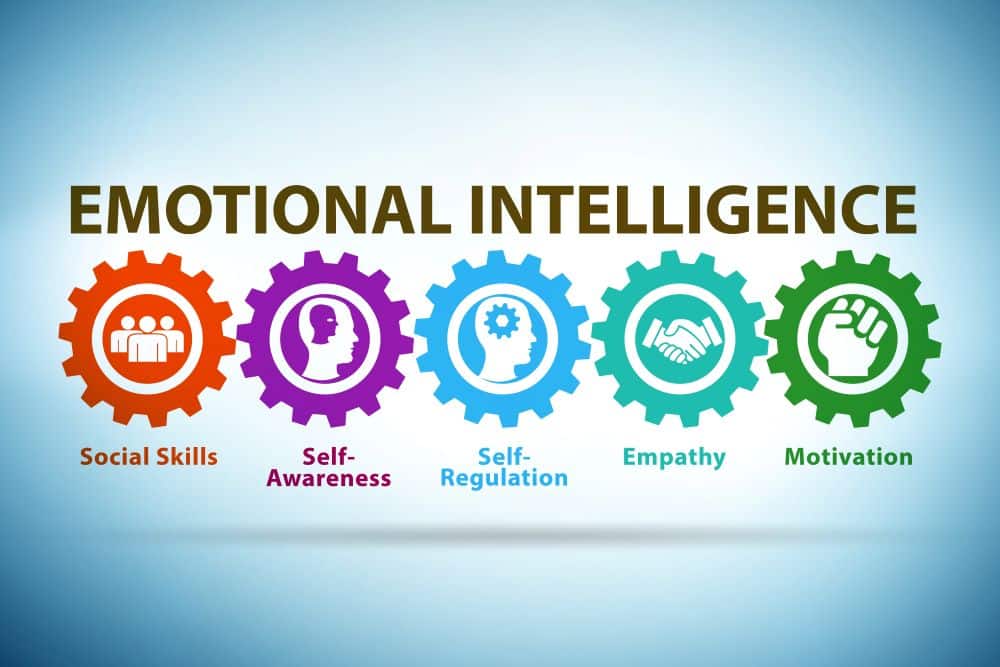Effective communication is a cornerstone of successful relationships, both personally and professionally. However, communication is not just about the exchange of words; it involves understanding emotions, empathizing with others, and building meaningful connections. This is where emotional intelligence (EI) plays a crucial role. In this article, we will explore why emotional intelligence is important in communication and how individuals can enhance their communication skills through emotional intelligence courses.
Empathy and Understanding:
Emotional intelligence enables individuals to empathize with others, understanding their emotions and perspectives. This skill is fundamental to effective communication, as it allows individuals to connect on a deeper level and respond with sensitivity. By recognizing and validating others’ emotions, individuals can foster trust, build rapport, and create a safe space for open dialogue.
Non-Verbal Communication:
Emotional intelligence encompasses non-verbal cues, such as facial expressions, body language, and tone of voice. Being attuned to these cues helps individuals decipher underlying emotions and intentions, leading to more accurate and nuanced communication. By aligning their own non-verbal communication with their words, individuals can convey authenticity and build stronger connections.
Conflict Resolution:
Conflict is an inevitable part of any relationship, but emotional intelligence can greatly influence how conflicts are managed and resolved. Individuals with high emotional intelligence are skilled in recognizing and managing their own emotions during conflicts, which allows for better self-regulation and prevents emotional outbursts. Additionally, they can understand and empathize with the emotions of others, facilitating a more constructive and empathetic approach to conflict resolution.
Active Listening:
Listening is a vital aspect of effective communication, and emotional intelligence enhances active listening skills. By being fully present and engaged, individuals can focus on understanding the speaker’s message, emotions, and underlying needs. Active listening promotes better comprehension, reduces miscommunication, and fosters deeper connections. It also allows individuals to respond thoughtfully, demonstrating empathy and validating the speaker’s experiences.
Building Positive Relationships:
Emotional intelligence plays a significant role in building and maintaining positive relationships. It enables individuals to navigate interpersonal dynamics, adapt their communication style to different individuals, and foster trust and respect. By understanding and responding appropriately to the emotions of others, individuals can create a supportive and collaborative environment that encourages open communication and mutual understanding.
Resolving Misunderstandings:
Misunderstandings can arise due to differences in perspectives, assumptions, or communication styles. Emotional intelligence helps individuals navigate these misunderstandings by facilitating effective communication. By approaching disagreements with empathy, seeking clarification, and practicing active listening, individuals can address misunderstandings with compassion and find common ground.
Conclusion:
Emotional intelligence is vital for effective communication, enabling individuals to understand and connect with others on a deeper level. By developing emotional intelligence through courses and self-reflection, individuals can enhance their communication skills, build stronger relationships, and navigate conflicts more effectively. By embracing emotional intelligence in communication, individuals can foster a more empathetic, inclusive, and harmonious interpersonal environment.
Also Read:
How to Boost Self Confidence? Tips to Build Confidence in Yourself With Yoga
How is meditation beneficial for healthy living life?
Thanks For Reading!


